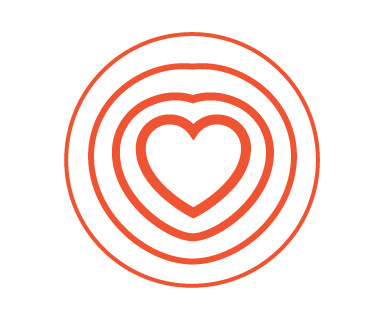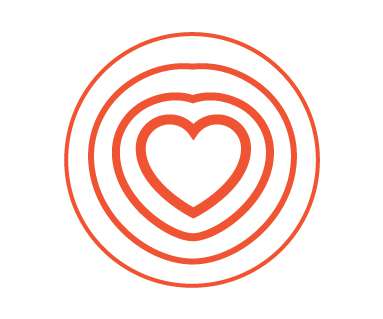Surprise, Surprise: Most Americans Have Faced a “Surprise” Medical Bill
Health Populi
SEPTEMBER 4, 2018
Most Americans have been surprised by a medical bill, a NORC AmeriSpeak survey found. patients blamed doctors and pharmacies, although a majority of consumers still put responsibility for surprise healthcare bills on them (71% and 64% net). of the GDP and that PPO reached $28,166 — nearly two times the 2007 cost.












Let's personalize your content